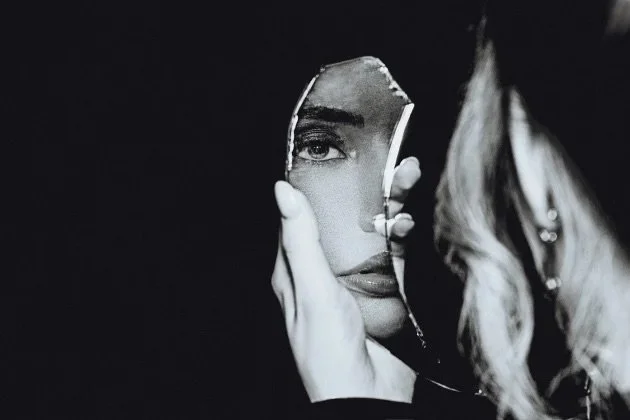The Intrinsic Link Between Femininity and Appearance
The conversations four 22-year-old girls living together have are vast and often nonsensical. But have nonetheless helped shape my views on the role of appearance in femininity. From Kate and I watching Tall Girl and complaining about how, as self-proclaimed ‘tall girls’ we are less feminine. Or conversations surrounding our ever-changing hairstyles. How, say, long hair makes us feel more attractive. Despite these statements seeming trivial, they offer some interesting insights.
Femininity refers to specific qualities and appearances of women or girls. Despite the liberal ‘girlboss’ feminist idea that women and girls can be whoever and whatever they want, there are social expectations of what is 'feminine' that remain. Social expectations that reproduce narrow standards for what is beautiful, or respectable.
Femininity refers to specific qualities and appearances of women or girls. Despite the liberal ‘girlboss’ feminist idea that women and girls can be whoever and whatever they want... There are social expectations of what is 'feminine' that remain. Social expectations that reproduce narrow standards for what is beautiful, or respectable. When asking my friends to list attributes they would associate with women in a traditional sense, they responded with words like nurturing, empathetic, innocent, slim, and hairless.
It's disturbing that femininity, in its traditional sense, projects a childlike image onto women. One where she takes up little space, where she is quiet and obeying, smooth and hairless. Something that reinforces the idea that appearance is important is adverts. Ads can be patronising and often reduce women to mere objects of desire. This pushes the narrative that a woman is only worth how she appears.. beauty becomes a factor in how people judge us and understand us. So the natural thing to do is to start wearing makeup from a young age, which is overwhelming. I remember my mum telling me to buy some concealer to cover my red cheeks at 13. Before then, my red cheeks weren't obvious to me. In the store, countless different brands and shades confronted me. I felt like I should have known what brand to buy, or my shade. Like it would choose me. But judging from my atrocious foundation choices at 15, it's clear I didn’t.
The idea of covering my redness and having perfect-looking skin has carried on ever since. Perpetuated by constant skincare adverts shoved down my throat telling me to get clearer skin. Telling me to buy makeup products which will act as a tool to conceal all my imperfections. This is a universal experience for most women that are exposed to any sort of media or advertisements.
I am a proud feminist. I engage in, and discuss topics surrounding gender and feminism. But when I speak about issues like the objectification of women while wearing winged eyeliner and pink lipstick... I undergo an internal debate. I question my legitimacy as a feminist. Can I be critical of how appearance-based norms construct the idea of femininity? Whilst partaking in those disciplinary techniques that uphold this construct? Should I be more like Andrea Dworkin and abstain from wearing makeup altogether?
When I ruminate on it. I enjoy applying my makeup – sitting at my desk with my somewhat warped mirror listening to music. I enjoy the process and feel more confident after. I always tell myself that I put on makeup for myself. Shutting down the idea that I could be doing it to appear more attractive to men. But, due to the internalised gaze of societal beauty norms - women do often partake in such self-regulating behaviours. Jeremy Bentham’s metaphor of the panopticon encapsulates this sense of surveillance. It describes a circular prison that situates the prison guard in a central watchtower. One-way windows allow the guard to observe all the prisoners, but the prisoners have no idea when they are being observed. So, they must act as though they are always observed. This constant threat of surveillance describes how women are often driven by fears of judgement and rejection for not meeting societal beauty standards. Thus partaking in, often harmful, self-regulating practices such as dieting and cosmetic surgery.
The role appearance plays in the construction of femininity cannot go unnoticed. Whether it's enjoying putting on makeup, shaving, or dressing 'girly'. As women, we still feel the innate pressure to do so. But is the only answer to overcoming this harmful stereotype of women to stop doing all these things? I could speak out and condemn women from partaking in self-regulating practices. But who am I to tell another woman what to do, even if it could be beneficial for us all? After all, I also partake in and enjoy some of these practices... And so the internal debate continues.

